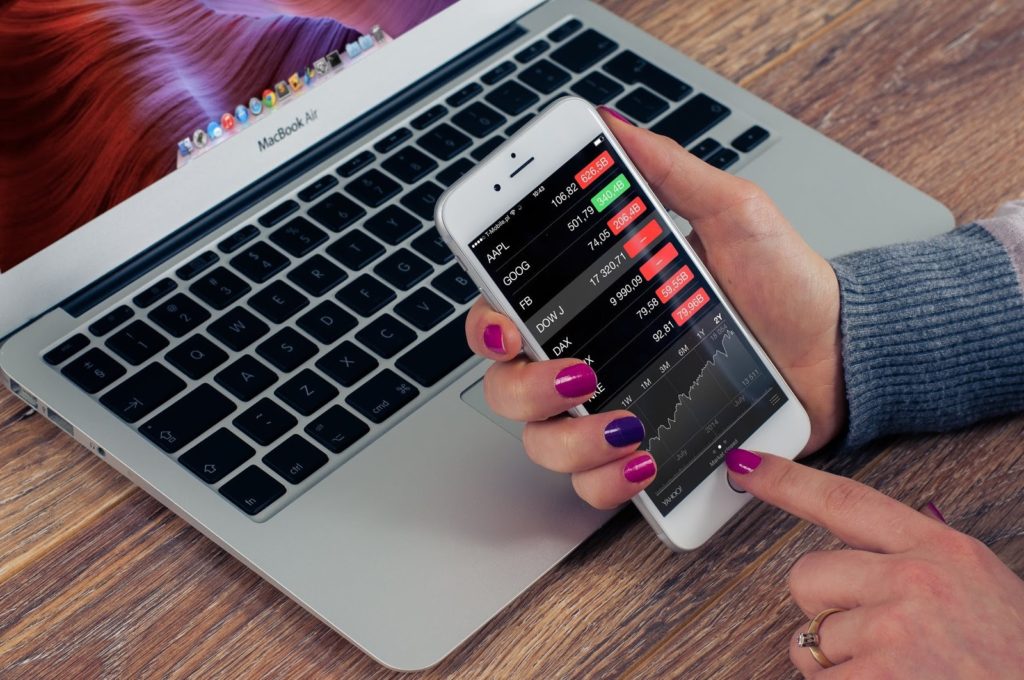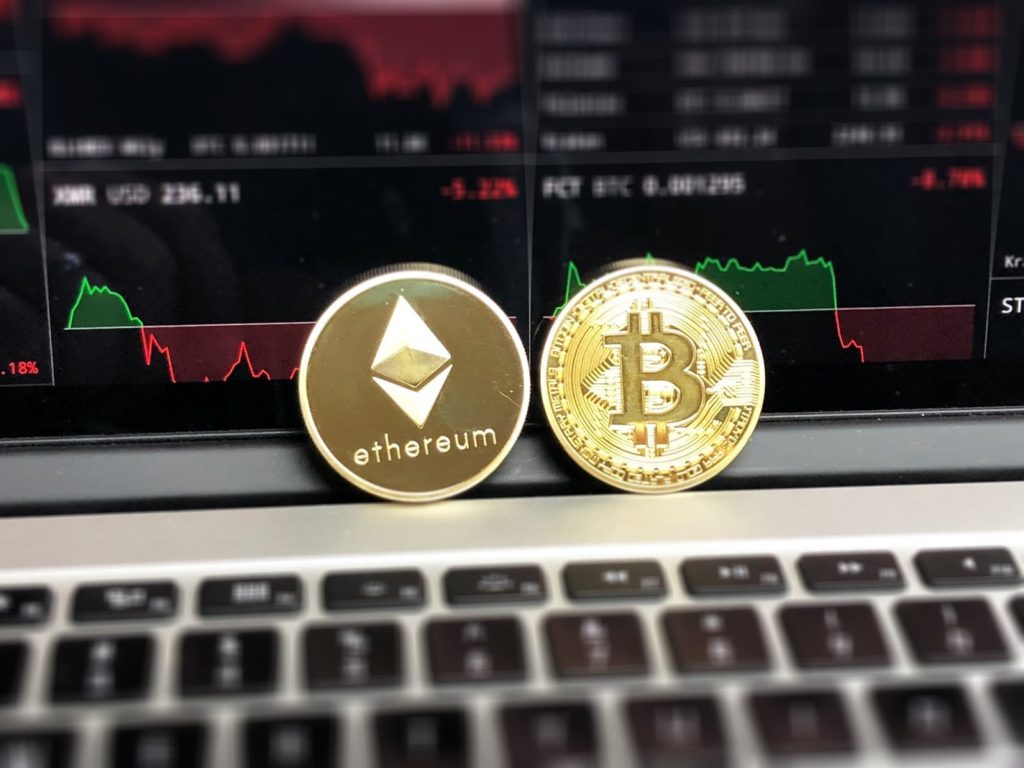 With its ability to perform numerous calculations at a go, computing has been central to financial trading for some time now. With the new wave of innovation, its influence goes beyond performing simple calculations to helping people make trading decisions. To make decisions on improving their investment portfolio, traders have to rely on artificial intelligence (AI) systems.
With its ability to perform numerous calculations at a go, computing has been central to financial trading for some time now. With the new wave of innovation, its influence goes beyond performing simple calculations to helping people make trading decisions. To make decisions on improving their investment portfolio, traders have to rely on artificial intelligence (AI) systems.
The irony is that finance and AI are made one for the other. In financial trading, techniques such as machine learning have created systems which can spot patterns that are impossible for the human brain. Due to the quantitative nature of finance, many financial corporations have heavily invested in AI systems. The rest are already thinking of implementing machine learning (ML) in their operations.
For some time now, artificial intelligence systems have been used in stock trading, especially for large corporations. However, the reality has been transformational with AI becoming more mainstream.
AI on Wall Street
As early as 2010, between 60 and 70 percent of trading in the United States was in the form of an algorithm and high-frequency trade. In 2014, this was already at 75 percent. According to JP Morgan, traditional traders stood at merely 10 percent of trading volume in 2017.
The first AI-based hedge fund was started by Aidiya, a company in Hong Kong. All the operational transactions on the hedge fund were performed solely through artificial intelligence without the need for human intervention. Ben Goirtsel, the lead founder of the hedge fund was quoted saying that the death of all humans would by no means mean the end of trading.
In 2017, the first 100 percent AI-powered ETF (Equity Trading Fund) was started on Wall Street. It beat the S & P 500 index by going up in just one week of its existence. Due to the need for each trader to increase his or her investment portfolio, the shares on ETF had risen by 20 percent by August 2018.
ETF is based on news and reports analysis from 6000 US companies using the supercomputer IBM Watson. Watson has capabilities to keep learning thus enabling it to keep examining its performance capabilities. Where unprofitable transactions are involved, the algorithm learns from its mistakes and can improve the accuracy of the decisions it makes in the future.
The Place of Artificial Intelligence in Cryptocurrency Trading
 One of the ways to diversify your investment portfolio is to invest in cryptocurrencies. For that reason, blockchain developers have, for some time now, been seeking a way to improve profits in cryptocurrency trading using AI. As a first step, developers have created models that predict cryptocurrency valuations using a neural network. Here is how AL and ML are changing cryptocurrency trading:
One of the ways to diversify your investment portfolio is to invest in cryptocurrencies. For that reason, blockchain developers have, for some time now, been seeking a way to improve profits in cryptocurrency trading using AI. As a first step, developers have created models that predict cryptocurrency valuations using a neural network. Here is how AL and ML are changing cryptocurrency trading:
1. Sentiment Analysis
Crypto trading is already having a feel of AI and ML through sentiment analysis, which involves analyzing huge tranches if information from various sources. It peers into social media posts, comments, blogs, articles, and video transcripts to understand how the market feels about a certain topic. The machine then determines if the sentiment is negative, neutral or positive.
2. Forecast and Predictions
Neural networks are increasingly accurate when it comes to making predictions concerning crypto markets. They crunch information concerning prevailing cryptocurrency exchange rates and use the information to come up with market forecasts by the minute, hour, or day.
3. Blockchain Analysis
Computer scientists contend that AI and blockchain technologies can greatly impact both the crypto and traditional forex markets in equal measure for 5 to 10 years in the future. Although both of these technologies are complex, their continued use may considerably change a technology and business paradigm shift that could force business leaders to widely adopt them.
4. Fundamental Analysis
Traders in both the stock and cryptocurrency markets employ fundamental analysis which involves using correlation on stock or coin valuation on quantitative and qualitative factors. In the stock market, fundamental analysis comes in handy when gauging macroeconomic factors such as the health of companies and the market as a whole. Thus, stocks and cryptocurrencies are similar in many ways. It also takes into account the problem to be addressed by a project and the team working on it.
Conclusion
Clearly, integrating AI and cryptocurrency will bring diversity, ease, and boundless option when it comes to transaction execution. Such a network will be loved for its high levels of trustworthiness. Given the vitality of markets, machines are better placed to provide efficient analysis compared to humans. After all, AI systems can predict markets more accurately. AI promises to make the technical, operational, and informational industries to be more interconnected. Watch this space!






